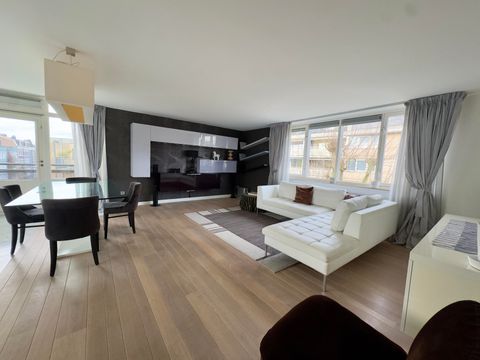20-1-2021 —
The current housing shortage is so enormous that various municipalities (including Amsterdam, Amstelveen and Haarlem) are introducing a self-occupancy obligation for new homes to be built. With this they want stop buy-to-let investors. Although various political parties in a.o. Amsterdam have also explicitly asked to see whether this is also possible for existing homes, that will (probably) not happen. Indeed, it could potentially infringe the right to property, the right to freedom of establishment and the free movement of capital.
Why a self-occupation obligation for new build houses?
The current pressure on the housing market is enormous. This is mainly due to the fact that too few houses are built every year. Investors take advantage of this by buying homes and renting them out. Political parties and municipal authorities believe that this puts the housing market even more under pressure and drives up (rental) prices. But does this measure actually give "the common buyer" a better chance because then they no longer have to compete with investors? Probably not. Because smaller investors in particular seem to prefer existing homes. Moreover, new build is only a very small part of the owner-occupied market. The measure will therefore not have very much impact.
But for cities like Amsterdam that is precisely reason to argue for a self-occupation obligation for existing owner-occupied homes as well. Minister Ollongren has previously indicated that she must weigh up whether the possible social necessity of such a measure outweighs the right to property, the right to freedom of establishment and the free movement of capital. We expect it to be impossible!
For which homes does the measure apply?
The housing obligation will apply to new-build homes:
-that are on leasehold land: the prohibition on letting is regulated by the special provisions of the leasehold right;
-for which no final investment decision has yet been issued. This means that it will still take a while before the first home with the obligation to live is delivered;
-in all prize classes. Amsterdam does not mention a maximum purchase price for the housing requirement. That is quite strange because, according to "Amsterdam School of Real Estate", first-time buyers in particular suffer from competition from investors. A number of other municipalities therefore logically limit the housing requirement to the lower end of the housing market (in Haarlem, for example, to € 380,000).
It is everlasting, also for subsequent buyers
Moreover, it is everlasting until the policy is changed. The leasehold provision is included in the leasehold conditions and is also transferred to new subsequent buyers !! This also means that the municipality cannot amend the provision with one policy change in the future.
Exceptions
There are a number of exceptions to the prohibition on renting out new-build homes. You can rent out:
-to a 1st degree family member;
-when staying abroad for a limited period (minimum three months, maximum two years). This exception applies only once every five years;
-when renting out for a rental price not exceeding the limit for medium-priced rent (€ 1,041.76 in 2021);
-in exceptional cases, in which - given the purpose and scope of the rental ban - it leads to unforeseen and unreasonable disadvantage for the home owner. But who determines this?
The municipalities can, incidentally, waive the housing obligation provision if this jeopardizes a project development, for example in transformation areas or new residential construction locations.
So?
We understand the symbolic political reason to want to implement this. Nice for their electorate, but it doesn't solve anything at all. Why not really tackle the problem at the root and finally start building a lot more houses? Without all the restrictive conditions imposed by some municipalities. Or expand the number of owner-occupied homes; in Amsterdam only about 31% of the housing stock is owner-occupied, while in the whole of the Netherlands it is about 60%. Scarcity simply drives up prices!
We are also curious about what will happen to large investors. After all, large investors buy whole blocks of new build to rent out. They really are not going to live in those houses… ..
Picture: Jason Goh by Pixabay






